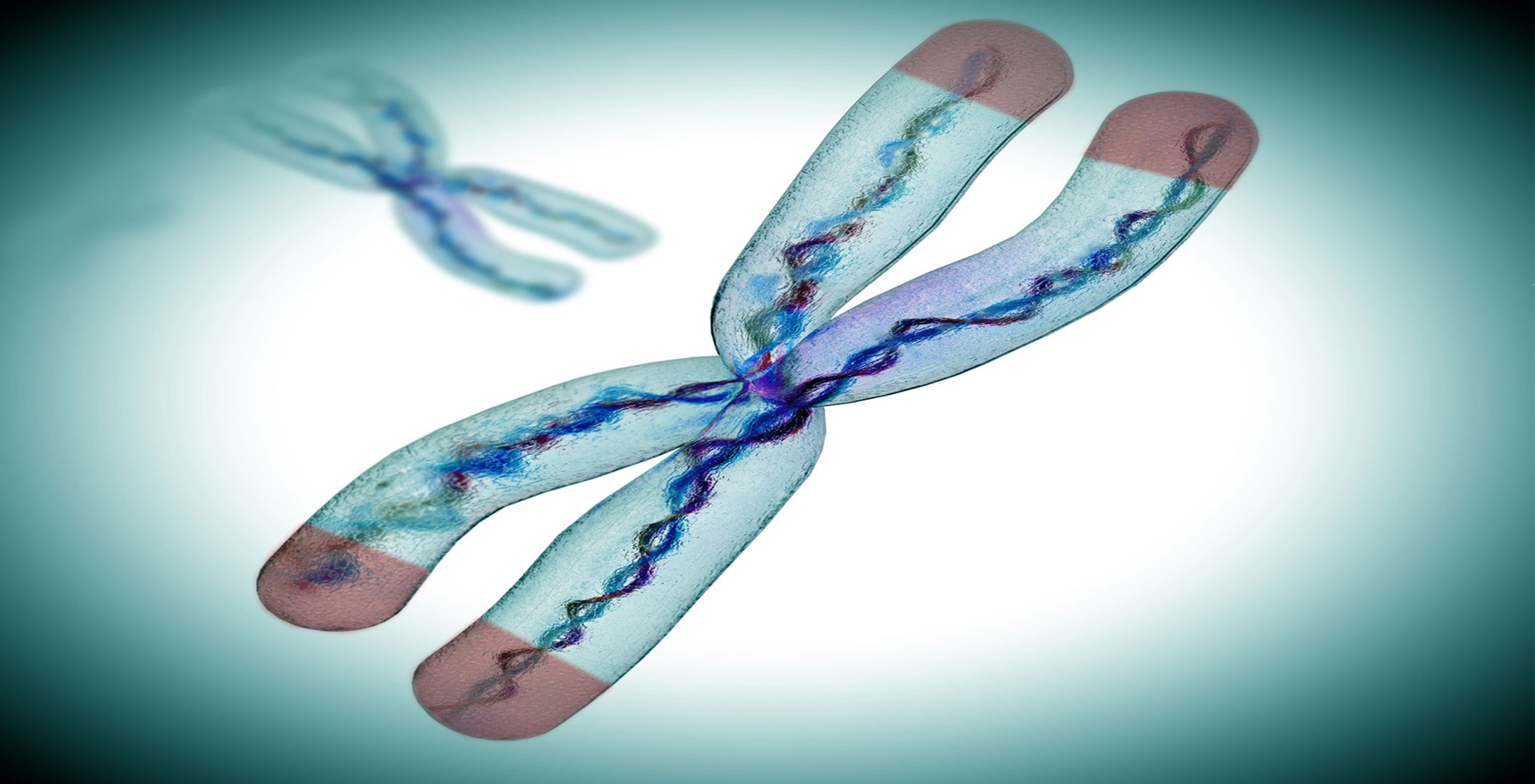UK Biobank makes data from significant study of telomere length available to researchers
UK Biobank makes data from significant study of telomere length available to researchers

UK Biobank, the large-scale biomedical database and research resource, has today made available to approved researchers the data from a study into telomere length.
The study, conducted by Dr Veryan Codd, Dr Chris Nelson and Professor Sir Nilesh Samani and their team at the University of Leicester, working with Professor John Danesh at the University of Cambridge measured telomere length in almost all 500,000 UK Biobank participants to deduce why some older adults succumb to chronic disease while others do not. Telomeres are tiny pieces of DNA found on the end of each chromosome, which play a central role in cell death and are thought to be a good biomarker of biological ageing.
Professor Samani and his colleagues believe that measurement of telomere length in all UK Biobank participants will help the understanding of the causes of ageing and age-associated diseases. This has the potential to support the prevention and treatment of diseases of the heart, brain, bone and cancer.
"This study is a prime example of UK Biobank’s unique role as a research resource for the scientific community and highlights the important contributions to improving human health that our researchers can provide. I want to thank Professor Samani and his colleagues for their extensive work."Professor Sir Rory Collins, Principal Investigator of UK Biobank
"It has been a truly heroic effort over more than 4 years to generate these measurements. I would like to thank my team for their fantastic achievement. We hope that this resource will be of enormous value to the scientific community to advance understanding of the determinants and biomedical consequences of inter-individual variation in telomere length."Professor Samani, Professor of Cardiology, University of Leicester
These data will be available to all approved researchers, through the UK Biobank database, from today.
The study was funded by the Medical Research Council (MRC), British Heart Foundation (BHF) and the Biotechnology and Biological Sciences Research Council (BBSRC).
